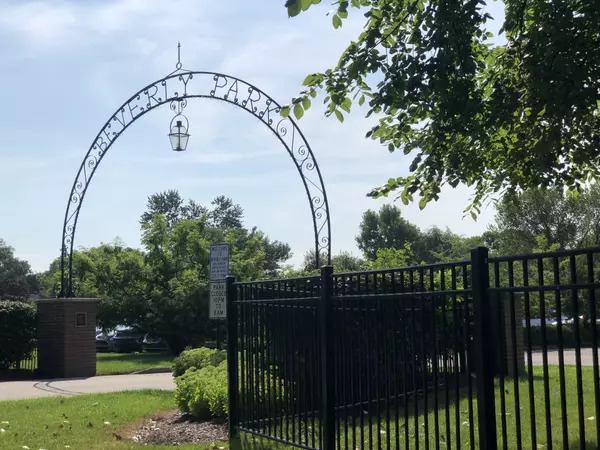Unlocking the Mystery of Lady Bird Deeds: A Simple Estate Planning Tool

Estate planning is a task homeowners including empty nesters and baby boomers have to underake. Among the myriad of estate planning tools at your disposal, one that stands out for its simplicity and effectiveness is the Lady Bird Deed (LBD). This strategy, which can be used in Michigan, offers a unique blend of control and flexibility. Let's take at look at the Lady Bird Deed, explore its mechanics, who is it a fit for, and take a look at the pros and cons.
What is a Lady Bird Deed?
A Lady Bird Deed, also known as an enhanced life estate deed, is a legal document that allows homeowners to retain control over their home until death, at which point it automatically transfers to a predetermined beneficiary without the need for probate. Originating from Florida and named after Lady Bird Johnson, though not officially tied to her, this deed is recognized in a handful of states including Michigan. It's a powerful estate planning tool that effectively bypasses the lengthy and costly probate process.
How Homeowners Use It in Estate Planning
The beauty of a Lady Bird Deed lies in its simplicity and power. Homeowners use it to:
- Ensure a smooth transition of their property to a beneficiary, like a family member, without going through probate.
- Maintain full control over the property, with the freedom to sell, lease, or mortgage it during their lifetime without requiring consent from the beneficiary.
- Protect the property from being claimed for repayment of Medicaid benefits, in certain states, after the owner's death.
Who Should Consider a Lady Bird Deed?
The ideal candidates for a Lady Bird Deed are those who:
- Seek to avoid the probate process for their real estate.
- Wish to maintain control over their property until death.
- Aim to protect their property from certain claims, like Medicaid estate recovery.
Pros of Using a Lady Bird Deed
- Avoids Probate: By directly transferring property to a beneficiary, it skips the probate process, saving time and money.
- Retains Control: The owner keeps full control over the property and can make decisions without beneficiary consent.
- Flexible and Revocable: It can be easily modified or revoked by the property owner at any time.
- **Medicaid Benefits:** In some states, it can protect the property from being counted for Medicaid eligibility and from estate recovery.
Cons of Using a Lady Bird Deed
- Limited Availability: Only recognized in a few states, which limits its applicability.
- Complexity in Execution: While not overly complex, it requires precise drafting to ensure legal effectiveness and to achieve desired outcomes.
- Potential Conflicts: Misunderstandings or conflicts might arise among beneficiaries, especially if changes are made to the deed.
- Lack of Comprehensive Protection: It doesn't provide protection against creditors other than Medicaid, in specific contexts.
In conclusion, a Lady Bird Deed is a nuanced but powerful estate planning tool that offers a blend of control, flexibility, and efficiency. It's tailor-made for individuals looking to streamline the transfer of their property while sidestepping the probate process and potentially safeguarding against certain claims. However, its suitability depends on individual circumstances, including estate size, and personal goals. Consulting with an estate planning professional is essential to navigate this decision and ensure that a Lady Bird Deed aligns with your overall estate planning strategy.
If you have any questions regarding the sale of your home, contact Jeff Higgins at (248) 233-6165 or at jeff@higginspartners.com.
Categories
Recent Posts










GET MORE INFORMATION
Managing Partner | License ID: 6506046014
280 North Old Woodward Avenue, Suite 100, Birmingham, MI, 48009, United States
